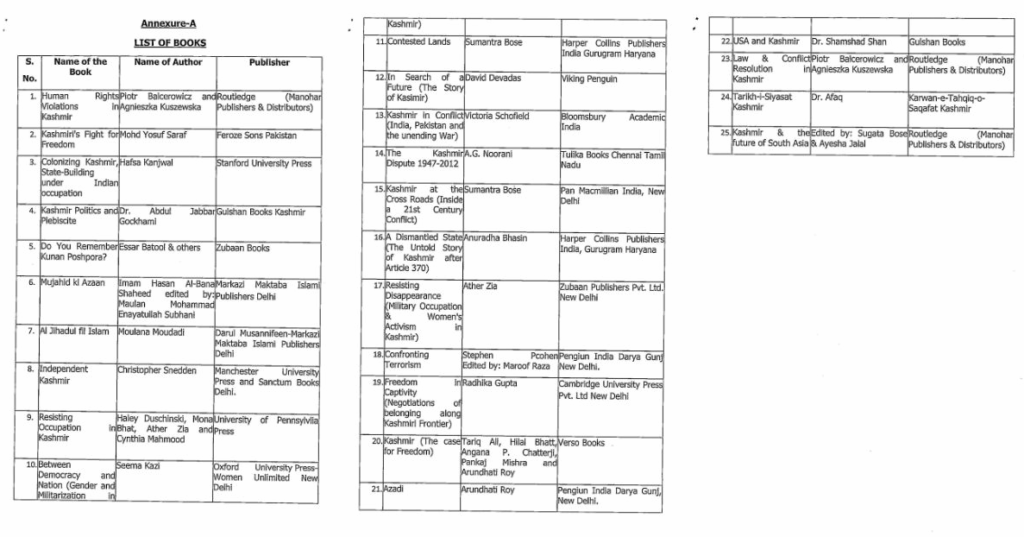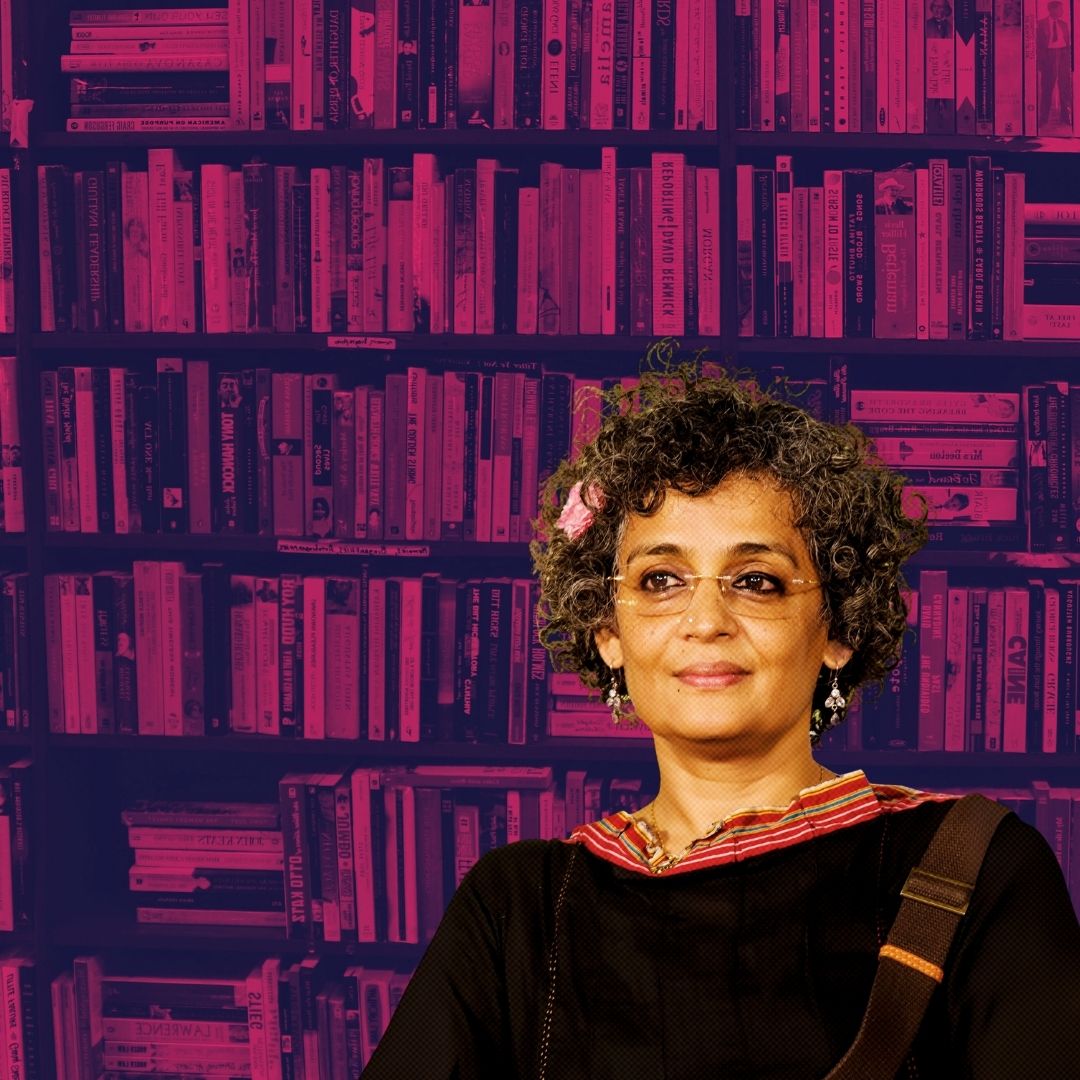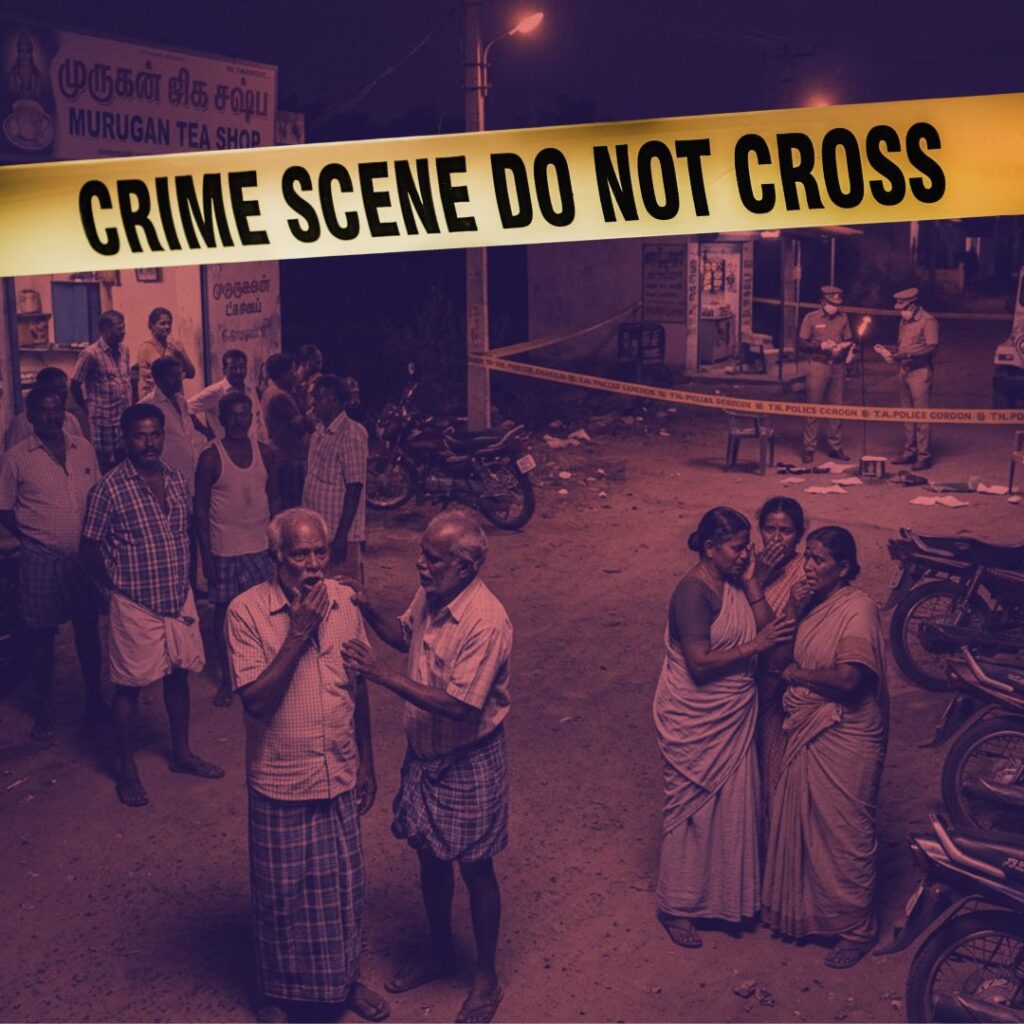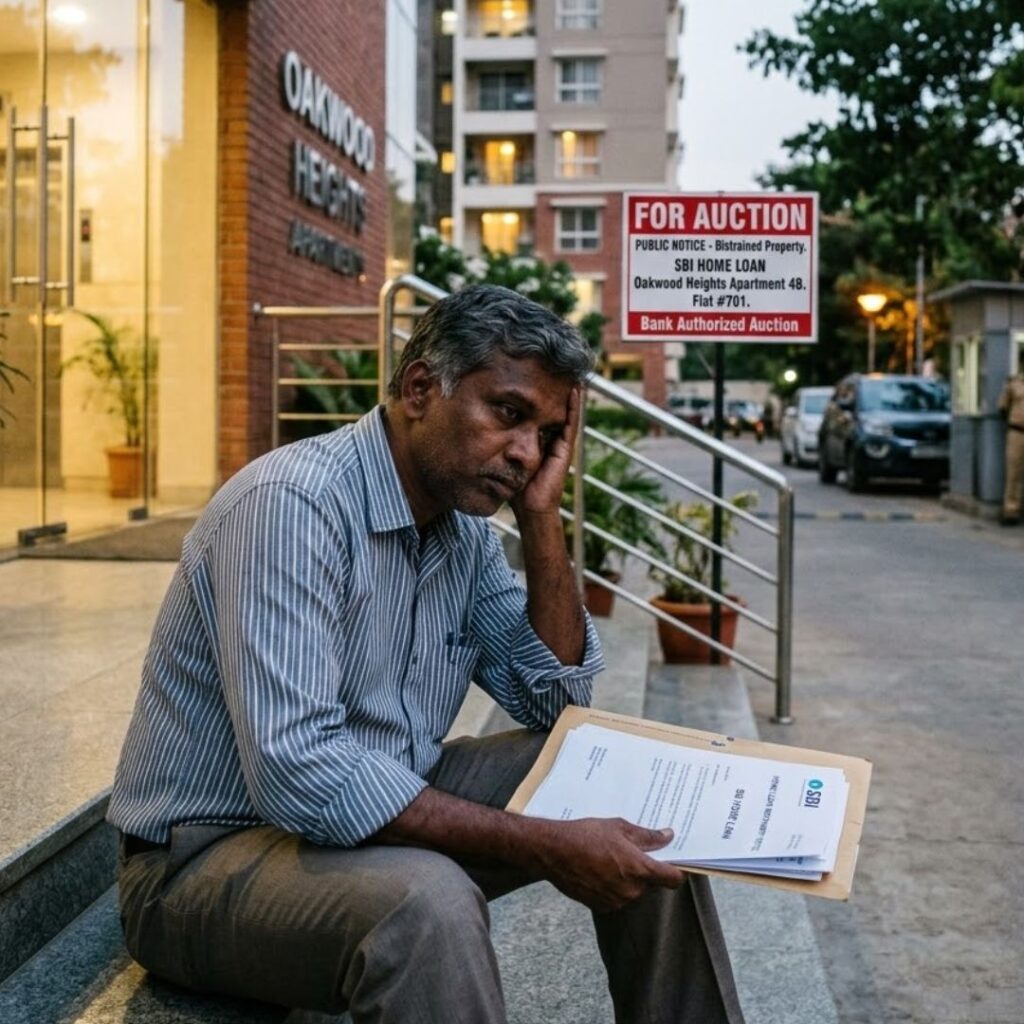The Jammu and Kashmir government has banned the publication and declared the forfeiture of 25 books, including works by authors such as Arundhati Roy, A.G. Noorani, Sumantra Bose, Victoria Schofield, and David Devadas, accusing them of promoting false narratives, secessionism, and glorifying terrorism.
The Home Department order, issued under the Bharatiya Nagarik Suraksha Sanhita 2023, claims these books radicalise youth, distort historical facts, and undermine India’s sovereignty. Following the ban, police raided bookstores across Kashmir to seize these titles. The ban has drawn sharp criticism from authors and scholars who see it as censorship.
Books Forfeited Over Allegations of Promoting Secessionism and Terrorism
According to the Jammu and Kashmir Home Department’s notification, the 25 books banned include political commentaries, historical accounts, and human rights literature that supposedly “excite secessionism” and threaten national unity.
Titles such as Arundhati Roy’s Azadi, A.G. Noorani’s The Kashmir Dispute (1947-2012), Sumantra Bose’s Kashmir at the Crossroads, Victoria Schofield’s Kashmir in Conflict, and David Devadas’s In Search of a Future are among those listed. The order alleges the books glorify terrorists, vilify security forces, and contribute to the radicalisation of Kashmiri youth by perpetuating victimhood and grievance narratives. The government cited Sections 152, 196, and 197 of the Bharatiya Nyaya Sanhita 2023 as the legal basis for forfeiture and enforcement.
“The identified 25 books have been found to excite secessionism and endangering sovereignty and integrity of India, thereby, attracting the provisions of sections 152, 196 & 197 of BNS 2023… The government of J&K hereby declares publication of the books and their copies or other documents to be forfeited to the government. By order of the LG,” said the notification.
“This literature would deeply impact the psyche of youth by promoting a culture of grievance, victim hood and terrorist heroism. Some of the means by which this literature has contributed to the radicalization of youth in J&K include distortion of historical facts, glorification of terrorists, vilification of security forces, religious radicalization, promotion of alienation, pathway to violence and terrorism etc,” it said.

Background and Enforcement Actions Amid Backlash
This move follows heightened concerns within the Jammu and Kashmir administration over the spread of literature deemed to foster separatism and incite violence. Police swiftly enacted the ban by conducting bookshop raids across the Kashmir Valley, seizing copies, and warning shopkeepers against stocking the banned materials.
The enforcement drive covered multiple districts including Srinagar, Anantnag, and Kulgam. Meanwhile, prominent authors and intellectuals have condemned the ban as an attack on free speech and academic freedom.
Journalist Anuradha Bhasin, whose book is also banned, called the decision “scared of words” and defended the well-researched works. Some political scientists view the ban as suppressing dissent rather than addressing grievances constructively.
The Logical Indian’s Perspective
While safeguarding sovereignty and security is vital, The Logical Indian stresses that censuring literature without fostering open dialogue risks deepening mistrust and alienation in conflict regions like Jammu and Kashmir. Suppressing voices that offer critical perspectives can hinder efforts toward peace and reconciliation.
Democratic ideals call for protecting freedom of expression even when narratives are contested, provided they do not incite violence. The Logical Indian advocates for transparent, inclusive conversations and empathy that enable society to address complex issues collectively.











